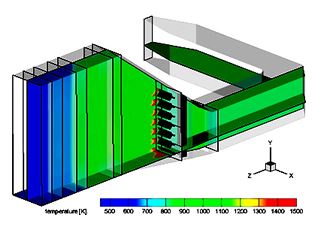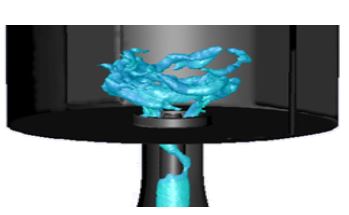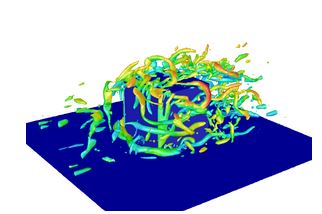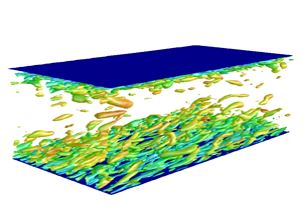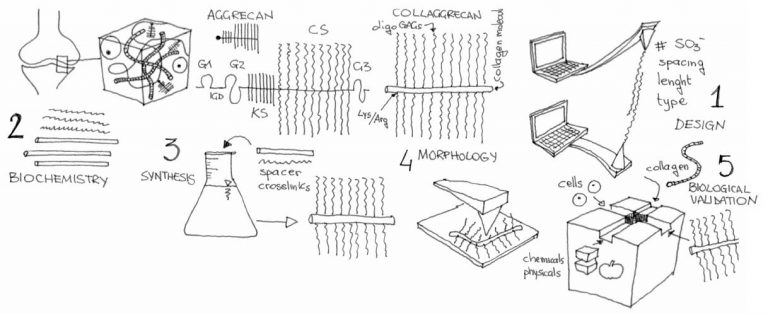The Chemical Reaction Engineering and Chemical Kinetics Lab has a consolidated experience in the the development of detailed and semi-detailed kinetic mechanisms of the pyrolysis, oxidation and combustion of gas, liquid and solids. The group is led by Prof. Tiziano Faravelli and includes 2 full professors, 2 associate professors, 2 assistant professors, 1 post doctoral researcher and several PhD students.
In the field of safety in the process industries the group deals with the analysis of the consequences of accidents related to emerging risks, such as the dispersion of heavy gases (e.g., Liquefied Natural Gas, LNG) through the modelling with Computational Fluid Dynamics (CFD) codes.
More recently, the CFALab group is working on switching from Batch to Continuous reactors (Industry 4.0) via modelling and CFD. The final goals are the procedure for the switch, maintaining the same performance, and the design of continuos reactors.
Finally, in the field of Chemical Vapor Deposition (CVD), the activity of CFALab is related to the multiscale modeling of the whole deposition process, from the elementary reactions taking place in the gas phase and at the material growth interface, to the modeling of defect formation, to the fluid dynamic simulations of the whole reactor. The CFALab has given key contributions for the understanding of the kinetics and the reactor design for the CVD of Si, SiC, GaN, and AlGaAs.
